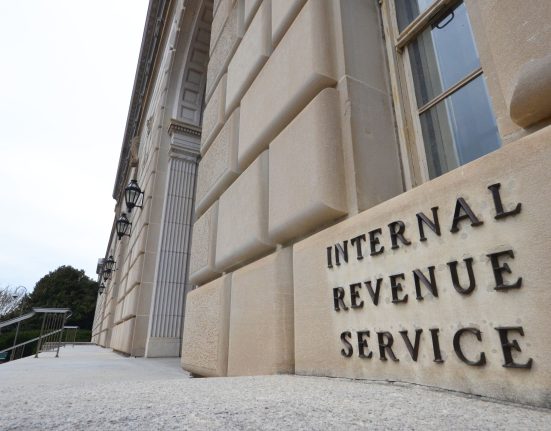For high-income earners and business owners, taxes often represent their largest recurring expense. While many financial advisors focus on basic tax strategies, such as tax-loss harvesting, more advanced methods exist that can potentially legally and significantly reduce tax burdens. Judson Gee, Managing Partner of JHG Financial, has built a reputation as an expert in tax mitigation, specializing in strategies that help business owners and high-net-worth individuals retain more of their wealth while remaining compliant with tax regulations.
Many investors undertake tax-loss harvesting at the end of each tax year, a strategy that involves selling stocks, mutual funds, and other securities at a loss to offset realized gains from other investments. This practice can be particularly useful for minimizing capital gains tax, which can reach up to 20 percent for long-term gains. Additionally, high-income taxpayers are subject to a 3.8 percent net investment income tax on earnings above $200,000 for individuals and $250,000 for married couples filing jointly. While tax-loss harvesting provides a means of reducing taxable income, Gee adds that in certain situations this strategy alone is not sufficient for those seeking to minimize their long-term tax liabilities.
Gee describes tax-loss harvesting as a “consolation prize for a bad pick.” While beneficial in certain cases, it is only a surface-level approach to tax mitigation. More sophisticated strategies exist for business owners and executives who need to reduce their taxable income substantially.
“There are so many opportunities to lower your tax burden that most business owners and investors simply aren’t aware of,” says Gee. “It’s not just about saving a little here and there; it’s about fundamentally restructuring how your income and investments are managed.”
One strategy is leveraging defined benefit pension plans, which allow for significant tax-deferred contributions while ensuring both immediate deductions and long-term financial security. Income shifting strategies, such as hiring family members or utilizing deferred compensation plans, provide another avenue for optimizing tax brackets and retaining earnings within a controlled structure. Additionally, charitable remainder trusts (CRTs) offer a dual advantage: donors receive tax deductions while maintaining an income stream.
For individuals facing substantial capital gains taxes after selling a business, real estate, or stock holdings, strategic planning is key. Gee frequently advises clients on Qualified Opportunity Funds (QOF’s), a IRS Regulation that enables investors to reinvest capital gains into designated areas for incentivizing investment in lower income areas, deferring and potentially eliminating tax liabilities.
Another strategy JHG Financial deploys is Roth conversion planning which can enable individuals to reduce future tax burdens by converting funds to Roth IRAs during lower-income years. In the normal course of strategically planning for ROTH Conversions, most inventors haven’t explored current offerings that are purposefully discounted up to 75%. So not only is there an opportunity to convert in low-income years, but now it’s possible to further reduce the tax income with discounted opportunities in real estate. “The right time to do a Roth conversion isn’t when you’re making peak income; it’s when you have a window where your taxable income is lower,” Gee explains. He recommends executing these conversions strategically, particularly during market downturns or years with reduced earnings, to minimize the immediate tax impact. Also, pairing Roth conversions with charitable deductions can further offset liabilities while fulfilling philanthropic goals.
The failure to engage in proactive tax mitigation results in unnecessary overpayment to the IRS, something Gee warns could cost business owners and high-net-worth individuals millions of dollars over their lifetimes. “If you’re not taking advantage of these strategies, you’re potentially giving away more money to the IRS than you should,” he says. The erosion of wealth due to inefficient tax structures underscores the importance of working with specialists who understand how to leverage available tools effectively.
Judson Gee and JHG Financial specialize in tailored tax mitigation strategies designed for high-income earners and business owners. By structuring wealth intelligently, individuals may be able to reduce their tax exposure while helping to potentially secure their financial future. Those looking to take a more proactive approach to tax planning can learn more by visiting JHG Financial.
JHG Financial operates as an Independent Advisor through Kingswood Capital Partners, custody through Raymond James Financial, acting as a Fiduciary. Judson is a Certified Estate Planner™ (CEP®). He is also a Registered Investment Adviser Representative (Series 65 license), and Registered Securities Principal (Series 24 license) and Registered Securities Representative (Series 7 and 63 licenses).
*Investing involves risk, and your investment may lose value. Past performance gives no indication of future results. These statements do not constitute and cannot replace investment or financial advice.







